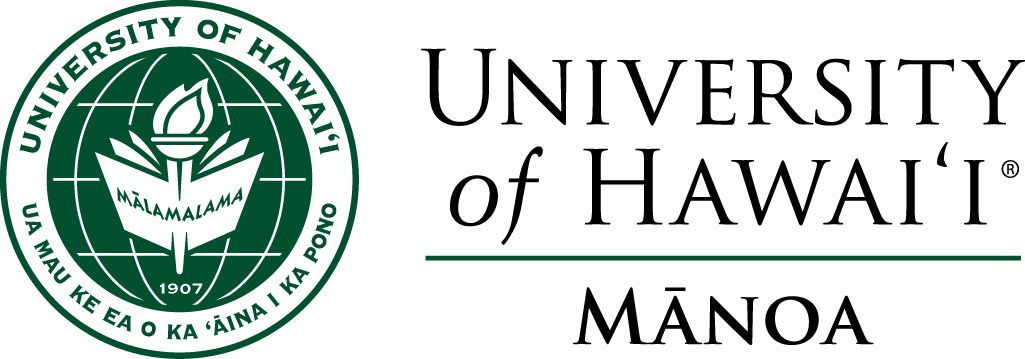Harnessing large-scale marine protection for food security, cultural heritage and biodiversity conservation
Summary
In time of rapid and profound socio-environmental change, many coastal communities face acute challenges related to food and nutritional security. These challenges are amplified in developing-world countries which rely on wild-caught fisheries and healthy and productive near- and offshore ocean ecosystems for food resources and economic stability through activities such as tourism. To address these and related issues, Palau recently closed 80% of its waters to fishing, demonstrating the nation’s commitment to protecting and restoring ocean ecosystems and providing an example for nations facing similar challenges. This commitment provides an unprecedented opportunity for a comprehensive social-ecological investigation, generating insights relevant to safeguarding the ocean ecosystems and food security of other Small Island States. This project investigates biophysical, cultural and socioeconomic linkages among Palau’s offshore and nearshore ecosystems and coastal communities. Results will illuminate connectivity in tropical social-ecological seascapes and the role of Large Marine Protected Areas in environmental conservation and human development.
Project Goals
This project endeavors to produce new understanding of cultural and behavioral shifts in the connections with, use of, and appreciation for open ocean environments surrounding Small Island/Large Ocean States. In collaboration with local research institutes, government agencies, NGOs, community groups, and informal educational providers, we pursue four project objectives and associated broader goals:
- Assess ecological connections between offshore and nearshore ecosystems;
- Articulate an action plan to support Palau’s development of national offshore fisheries and to stabilize fisheries supply chains;
- Explore mechanisms for renewing cultural connections with the offshore environment to enhance community engagement with their national waters;
- Co-create educational and community-based outreach materials related to Palau’s offshore environment for informal and formal settings.

The social-ecological components to be assessed through our project objectives 1 – 4: Connectivity, Supply chain dynamics and fishers’ behavior, Cultural ties and benefits, and Outreach and Education, respectively. Graphic by Stephen Bissinger.
Project Resources
New Study in Nature Investigates Palauan Conservation Policies and Food Systems
Contributors
Fiorenza Micheli
Staci Lewis
Natalie Arnoldi
Caroline Ferguson
Faculty
Nicole Ardoin
Rob Dunbar
Stephen Monismith
Krish Seetah
Funding Statement
This two-year project has been made possible through funding contributions from the Stanford Woods Institute for the Environment through the Environmental Venture Project program.



